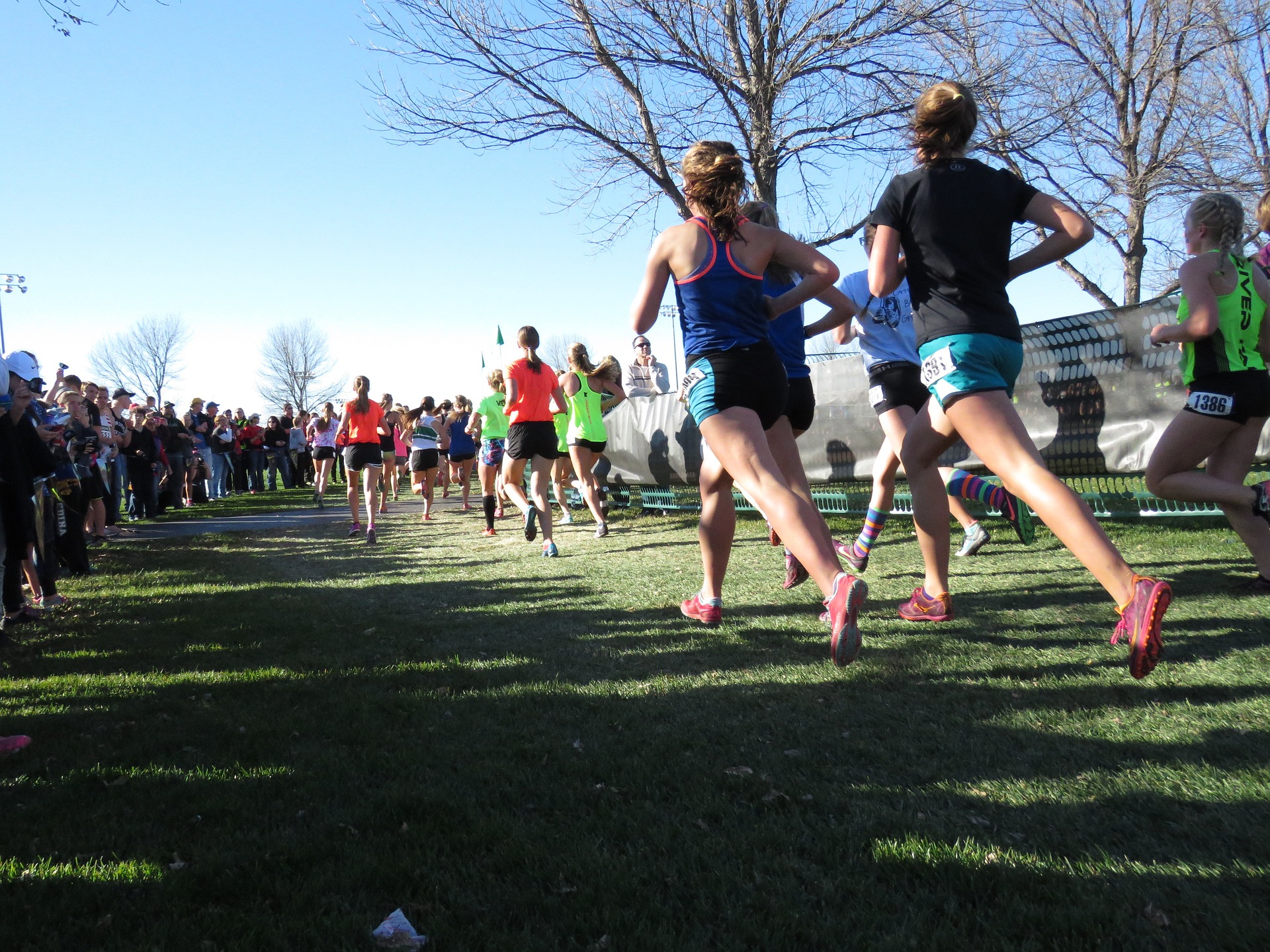
Te Whanganui-a-Tara – Gathering research is showing how human lifespan ageing is increasing because exercise helps with longevity, ExerciseNZ chief executive Richard Beddie says.
Exercise or the lack of it can turn on or off genes to improve people’s heathy lifespan, he says.
New scientific research furthers the argument for exercise in promoting youthfulness in people.
A new study by the University of Arkansas published in the Journal of Physiology has deepened the case for the youthfulness-promoting effects of exercise on ageing organisms, building on previous work, Beddie says.
“While we know exercise reduces the risk from almost every major aliment and disease affecting humans, increasing lifespan, improving mental health and even increasing the efficacy of medical interventions, we still only understand a small fraction of how this works.
“So, for now it’s very much a matter of if someone wants to live a long, happy and productive life, then exercise is the best ‘magic pill there is,” he says.
Possibly it could also be a means of supercharging the exercise response of astronauts in zero gravity or people confined to bed rest who only have a limited capacity for exercise.
One particular protein studied, Myc, has many effects, both good and bad, so defining the beneficial ones could lead to a safe therapeutic that could be effective for humans down the road.
For their paper, the researchers compared ageing mice that had access to a weighted exercise wheel with mice that had undergone epigenetic reprogramming via the expression of Yamanaka factors.
The Yamanaka factors are four protein transcription factors that can revert highly specified cells, such as a skin cell, back to a stem cell, which is a younger and more adaptable state.
The Nobel Prize in Physiology or Medicine was awarded to Dr Shinya Yamanaka for the discovery in 2012. In the correct dosages, inducing the Yamanaka factors throughout the body in rodents can ameliorate the hallmarks of ageing by mimicking the adaptability that is common to more youthful cells.
Cells that have been reprogrammed through exercise can alter the accessibility and expression of genes.
The researchers compared the skeletal muscle of mice who had been allowed to exercise late in life to the skeletal muscle of mice that overexpressed their muscles.
The team determined that exercise promotes a molecular profile consistent with epigenetic partial programming.
Their work showed exercise can mimic aspects of the molecular profile of muscles that have been exposed to Yamanaka factors, thus displaying molecular characteristics of more youthful cells. This beneficial effect of exercise may in part be attributed to the specific actions of muscle.
This study showed that mice, when allowed to exercise into their older age had in effect genetically modified themselves by reprogramming which resulted in cells exhibiting more similarities with youthful cells. In other words exercise reprograms things at a cellular level and
The researchers caution that while some have attempted to simulate the effects of exercise through pills or other external inputs, they think this is the wrong approach, and that it’s impossible to replicate all the downstream benefits of exercise in a single chemical.
For further information contact Richard Beddie on 027 5205744 or ExerciseNZ’s media specialist Make Lemonade NZ editor-in-chief Kip Brook on 0275 03018

